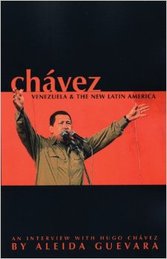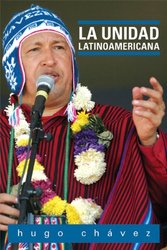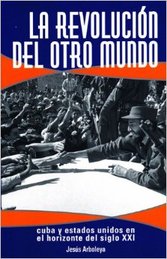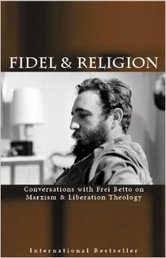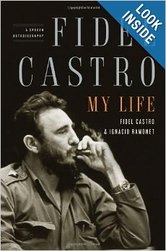Program in Cuba (offered to U.S colleges and universities)
Global Learning offers a semester-long program to U.S. colleges and universities. The program is designed as an international component of general education. It has two fundamental goals.
- The program seeks to develop global social consciousness and to develop awareness of contemporary social reality in Latin America and Cuba, as understood from Cuban and Latin American perspectives.
- The program is designed to enable students to improve their skills in Spanish, in order to facilitate their life-long development of consciousness in relation to Latin America. It is designed for students who are not fluent in Spanish, but some previous study of Spanish would be required.
Program Courses
- Cuba and Socialist Revolution (3 credits). The course is taught in English by University of Havana professor(s). It describes the historical development of colonialism and neocolonialism in Cuba, and the anti-colonial revolution from 1868 to the present, including the socialist transformations from 1959 to the present. The course includes a wide variety of educational experiences in the City of Havana, such as visits to: mass organizations of workers, women, students, farmers, and neighborhoods; educational and health care institutions; and entities of the Cuban political system and mass media.
- The Political-Economy of the World-System (3 credits). Taught in English by Charles McKelvey, Professor Emeritus of Sociology, Presbyterian College, Clinton, South Carolina. The course describes the history and development of the world-system as well as popular movements that have emerged in opposition to its structures. Illustrations include Cuba and Latin America, the United States, Vietnam and Indochina, and Tanzania and Africa.
- Latin America and the Quest for Independence. Taught in English by University of Havana professor(s). The course describes the history of Latin America, with emphasis on its quest for true independence, focusing on the revolutionary movements that established the first independence in the period 1810 to 1825, the popular movements of the twentieth century, and the revolutionary/reformist movements that have emerged since 1995 and that seek a second and definitive independence.
- Spanish language (6 credits). Spanish language is offered through a program of the Division of Modern Foreign Languages of the University of Havana. Students who are fluent in Spanish can take, instead of Spanish language, one or two courses with Cuban students offered as part of the regular course offerings of the University of Havana.
Further Information
The Global Learning program is offered not to students but to U.S. colleges and universities. The cooperating colleges and universities would be responsible for: (1) the emitting of credit for the course on the Political-Economy of the World System; (2) the employment of a resident coordinator who would live with the students and be responsible for their supervision during the program;* and (3) the recruitment and selection of students and providing all necessary pre-travel information.
* - The resident coordinator can be a professor, a graduate student, or international student affairs professional. Funds for this position can be generated by the program itself.
* - The resident coordinator can be a professor, a graduate student, or international student affairs professional. Funds for this position can be generated by the program itself.


